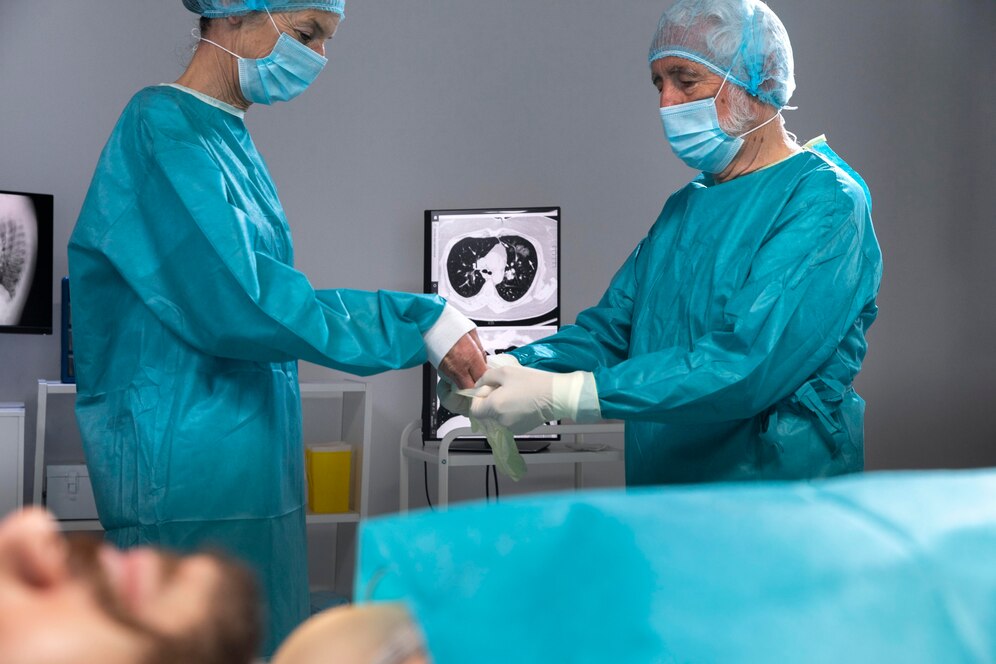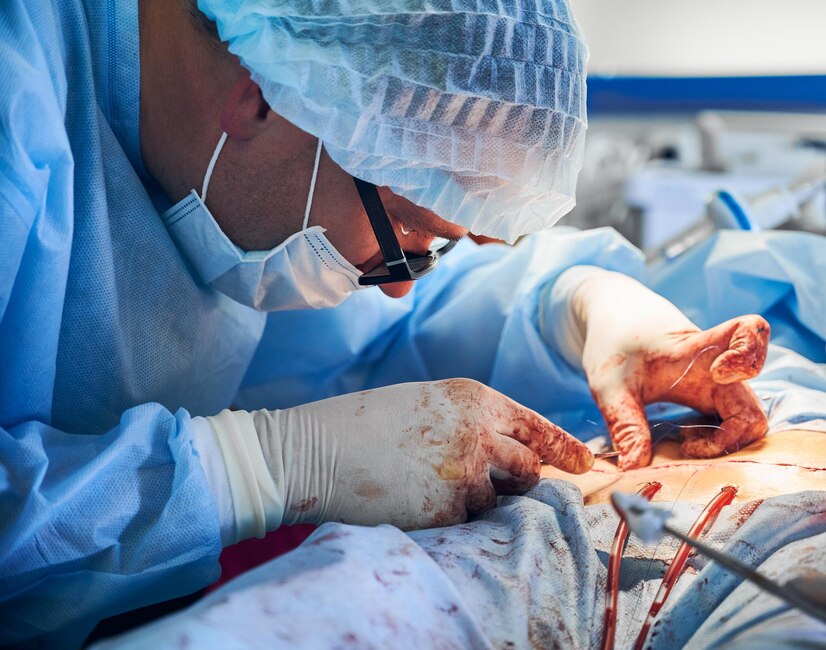Introduction
Preparing for laparoscopy is an important part of the journey for IVF patients. This minimally invasive procedure plays a crucial role in diagnosing and treating conditions that may affect fertility. In this blog, we’ll explore essential steps for IVF patients to prepare for laparoscopy, ensuring a smoother and more successful experience.
Overview of Laparoscopy in IVF
Before delving into the preparation process, let’s briefly understand what laparoscopy entails in the context of IVF. Laparoscopy involves making small incisions in the abdomen through which a camera and specialized instruments are inserted. It allows surgeons to visualize and treat conditions such as endometriosis, ovarian cysts, and tubal blockages, which may impact fertility.

Essential Steps for IVF Patients
Consultation with a Fertility Specialist
Before undergoing laparoscopy, IVF patients should schedule a consultation with a fertility specialist. During this consultation, the specialist will review the patient’s medical history, perform necessary tests, and discuss the reasons for recommending laparoscopy.
Understanding the Procedure
It’s essential for IVF patients to have a clear understanding of what to expect during laparoscopy. The fertility specialist will explain the procedure in detail, including how it’s performed, potential risks and complications, and expected outcomes.
Preoperative Testing
Prior to laparoscopy, IVF patients may undergo preoperative testing to ensure they are in good health and ready for the procedure. This may include blood tests, imaging studies, and other diagnostic evaluations.
Medication Management
IVF patients should follow their fertility specialist’s instructions regarding medication management before laparoscopy. This may involve adjusting or temporarily stopping certain medications to reduce the risk of complications during the procedure.
Dietary Guidelines
Maintaining a healthy diet leading up to laparoscopy can help optimize outcomes and promote faster recovery. IVF patients should focus on consuming nutritious foods rich in vitamins, minerals, and antioxidants while avoiding excessive caffeine and alcohol intake.
Lifestyle Modifications
In addition to dietary changes, IVF patients may benefit from making lifestyle modifications before laparoscopy. This includes getting regular exercise, practicing stress-reduction techniques such as meditation or yoga, and avoiding smoking and excessive alcohol consumption.
Arrange Transportation and Support
On the day of laparoscopy, IVF patients will likely require transportation to and from the surgical facility. It’s important to arrange for a responsible adult to accompany them and provide support during the recovery period.
Postoperative Care Planning
IVF patients should discuss postoperative care planning with their fertility specialist before laparoscopy. This may include instructions for wound care, pain management, activity restrictions, and follow-up appointments.
Conclusion
Preparing for laparoscopy is a critical step for IVF patients embarking on their fertility journey. By following these essential steps, patients can optimize their readiness for the procedure and enhance their overall experience and outcomes. Remember, open communication with your fertility specialist and adherence to preoperative instructions are key to a successful laparoscopy experience.

